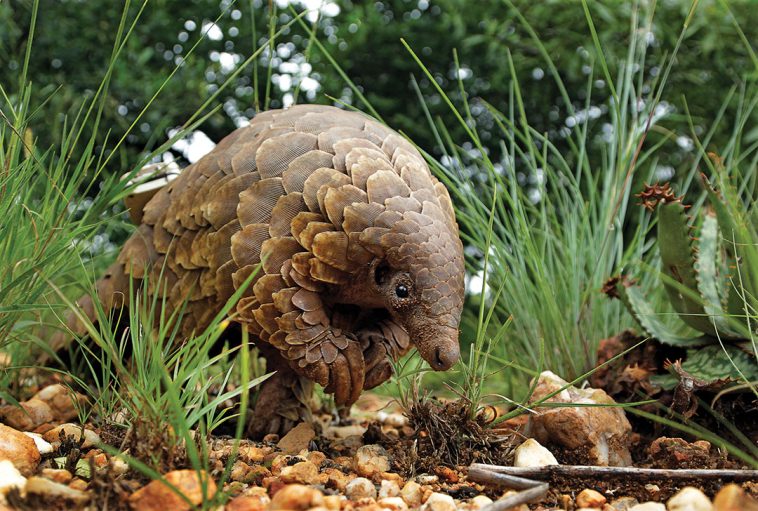BY OBERT SIAMILANDU
TRADITIONAL beliefs that some wildlife products can heal certain diseases are exposing some endangered wildlife species, especially elephants and rhinoceros to extinction.
Organised wildlife trafficking syndicates are said to be using high-powered weaponry and ruthless techniques to profiteer from the killing of Africa’s iconic wild animals.
“Zimbabwe and South Africa are the most affected in Africa by demand for the rhino horn,” African Wildlife Foundation director Didi Wamuyoka said yesterday.
Wamuyoka said body parts ranging from elephant tusks, rhino horns, zebra skins, pangolin scales, giraffe fat and lion bones, as well as live young cheetah cubs and baby chimpanzees were on high demand among smuggling networks.
“Because of high rhino demand, Zimbabwe and South Africa are the most affected,” he said.
“The Democratic Republic of Congo, Uganda and Nigeria are greatly affected by demand for pangolins and pangolin scales.”
Wamuyoka urged affected countries to enact deterrent penalties for wildlife crimes.
“Kenya, Uganda and Tanzania are examples of countries that have tightened their wildlife legislation and everyone should follow suit. Demand must be tackled at the consumer level. Whether they are looking for a medicinal cure or a status symbol, buyers will pay exorbitant amounts for wildlife products, oftentimes not knowing the true cost of their
actions.”
Mana Pools wildlife expert Cephas Shonhiwa said there was need to save wildlife species in the country.
Pangolins have long been believed to possess medicinal elements.
- Follow Obert on Twitter @osiamilandu

